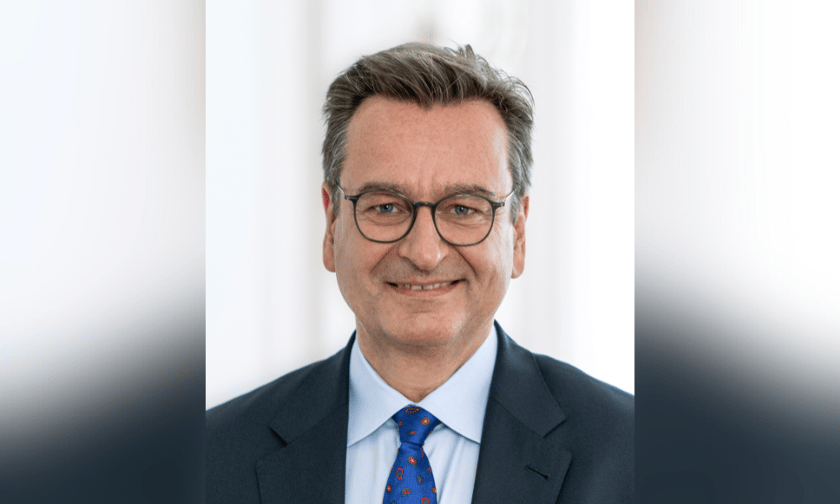

The CEO of Munich Re, Joachim Wenning, has pushed back against calls to lower the price of natural catastrophe coverage, characterizing the demands as "noise" and "nonsense."
Speaking to the Financial Times, he argued that rising reinsurance costs reflect increased claims and expenses rather than any attempt to exploit the market.
The steep rise in reinsurance prices has contributed to growing concerns about the affordability of insurance for consumers looking to protect their homes and businesses from natural disasters like wildfires and severe storms.
In the interview, Wenning responded to suggestions that reinsurers should help ease the burden on businesses and consumers. He pointed out that while the industry has experienced significant profits from higher prices, such profits follow years of substantial losses.
Wenning said that primary insurers, who rely on reinsurers for coverage, could reduce costs by purchasing less reinsurance.
Wenning noted that Munich Re’s record profits in the first half of the year were partly driven by the rising cost of property coverage, with the company now holding a market capitalization of €65 billion.
“I never hear the opposite of these statements, when the market cycle is a little bit softer, that they say: give the reinsurers a little more, they deserve it, because they don’t make enough money. This is very asymmetric, this is noise, this is nonsense,” Wenning said.
Despite the strong financial position of reinsurers, Wenning acknowledged that affordability could become a growing issue for consumers in high-risk areas, particularly as climate change leads to more frequent and severe natural disasters.
He warned that the cost of insurance would rise accordingly, making it harder for both businesses and households to afford coverage in disaster-prone regions.
Wenning also commented on proposals for more public-private partnerships to manage the financial fallout from natural disasters, as some policymakers have suggested expanding existing schemes that cover flooding and extreme weather.
He said any such programs should be designed to avoid distorting prices, emphasizing that higher-risk properties should still carry higher premiums.
“If you have property in a highly risk-exposed area, you should pay more," he said. "If that doesn’t happen, we socialize the risk."
Wenning warned that reducing financial incentives for property owners to mitigate their risk could lead to increased losses in future disasters. He also stressed that reinsurers maintain high solvency ratios to safeguard against significant losses.
Munich Re’s solvency ratio, for example, rose to 287% in the first half of the year, well above its target range of 175% to 220%, suggesting the company has excess capital.
Regarding potential mergers and acquisitions, Wenning noted that Munich Re may consider expanding its US specialty insurance portfolio or growing its primary insurance division, Ergo, in markets where it already operates. He said deals in the €1 billion to €5 billion range are realistic.
Wenning also addressed the threat posed by large-scale cyberattacks. He indicated that a public-private scheme might be necessary to share the losses in the event of a major incident, such as an attack that disrupts a country’s energy supply.
Wenning pointed out that the market currently lacks the capacity to provide sufficient coverage to large companies for such events, leaving them to manage and mitigate the risks themselves.
What are your thoughts on this story? Please feel free to share your comments below.
